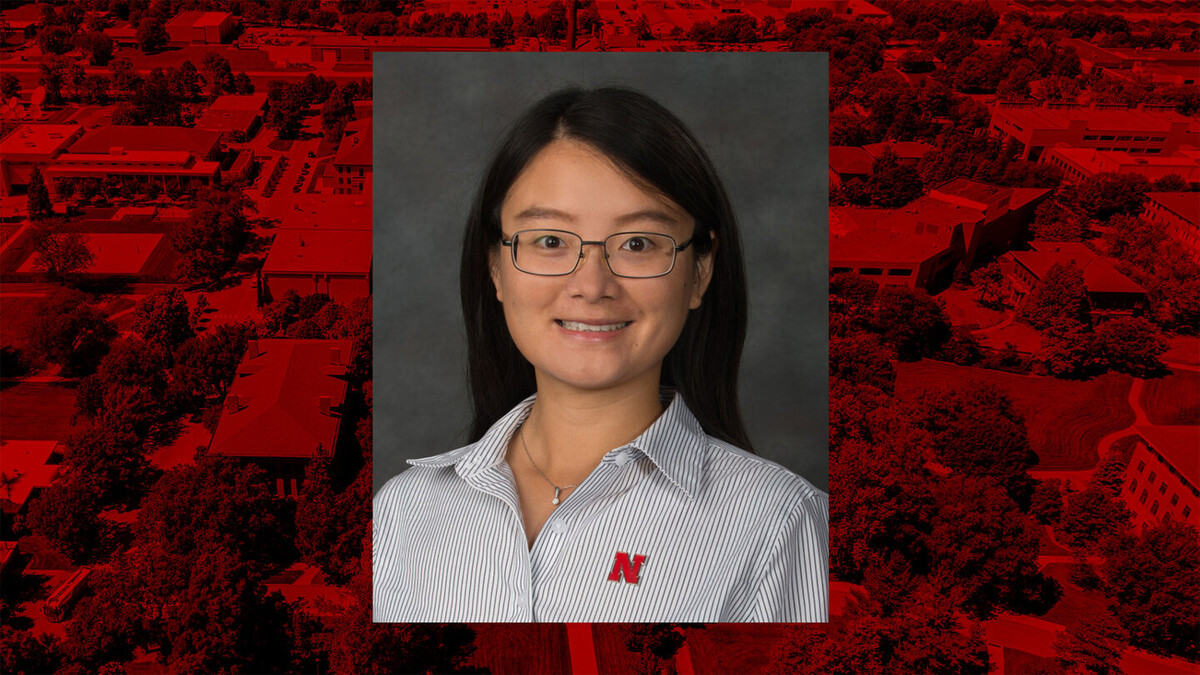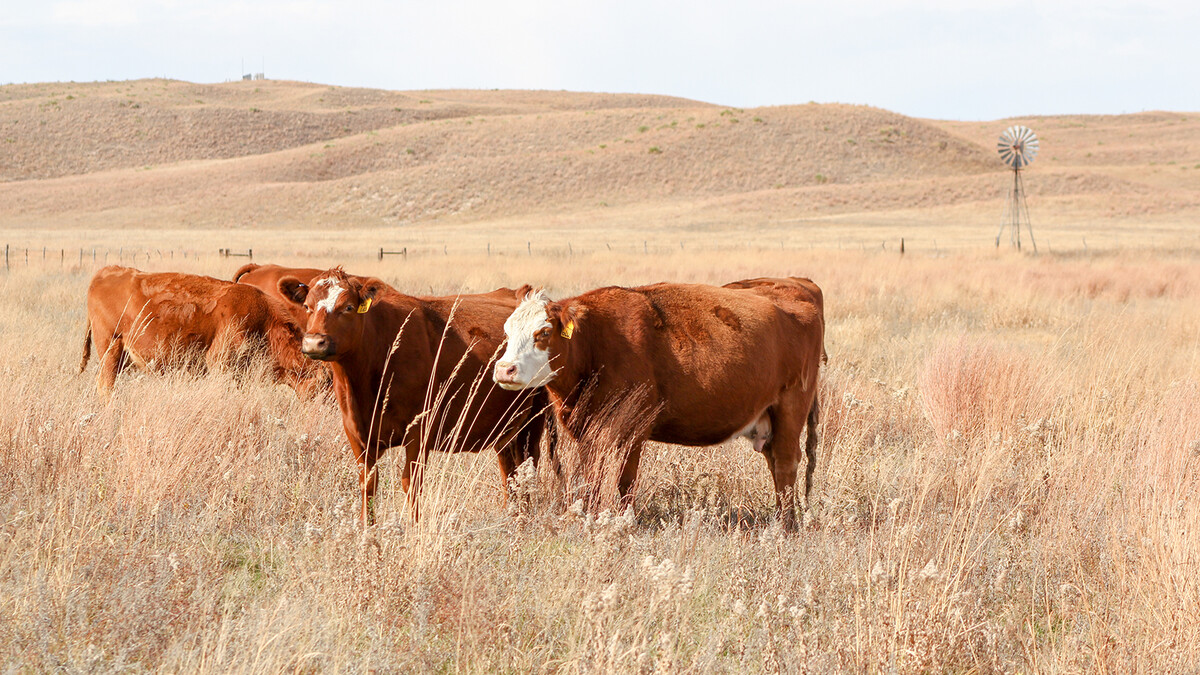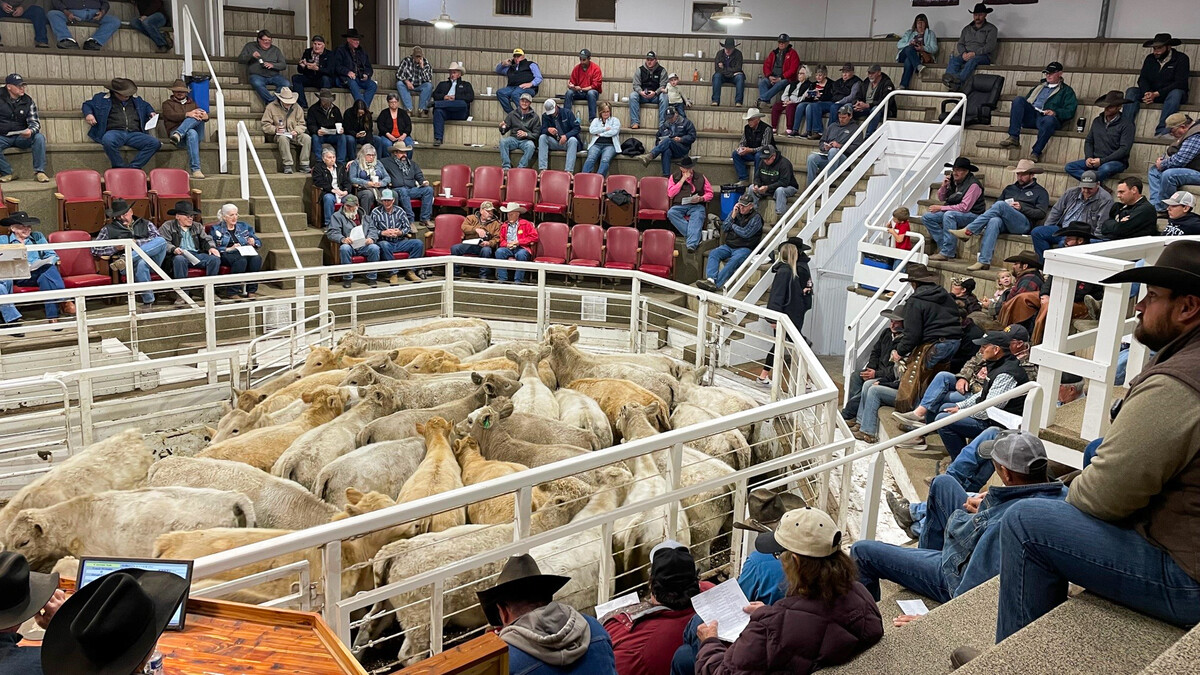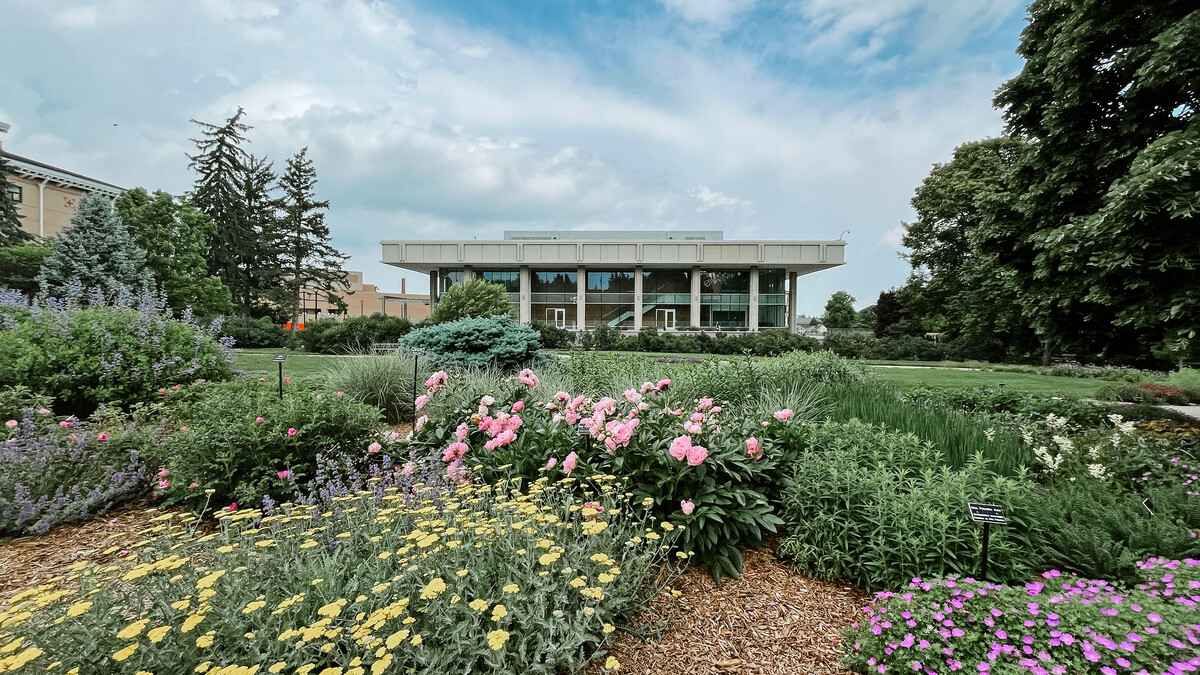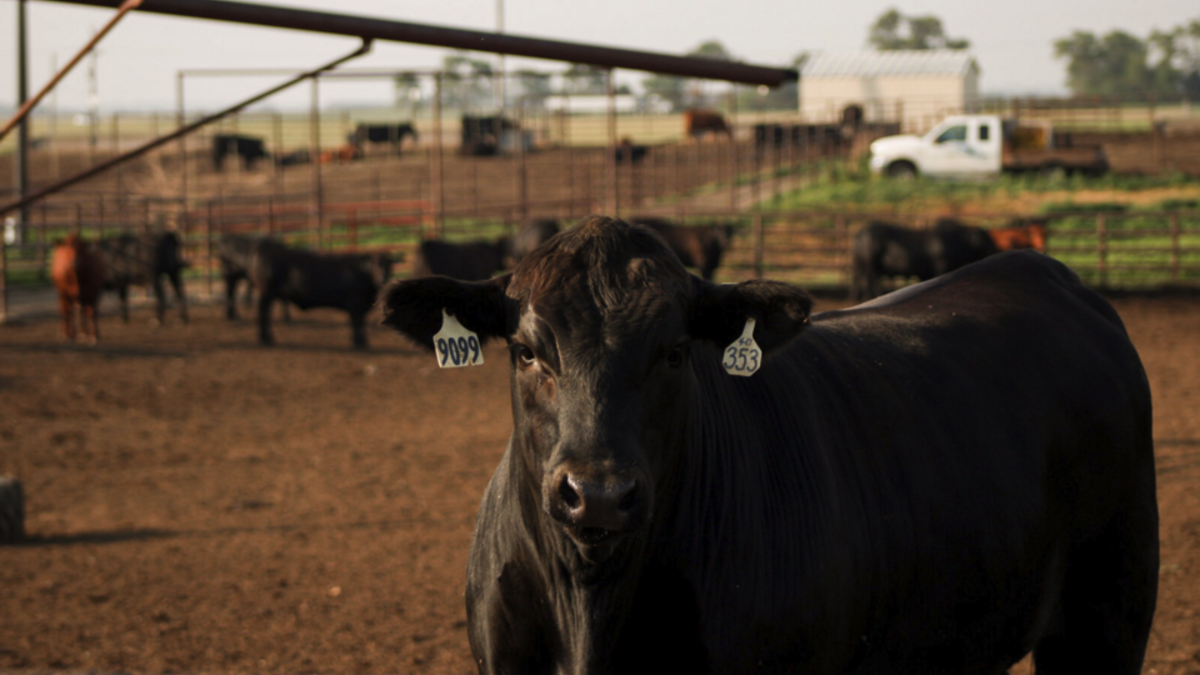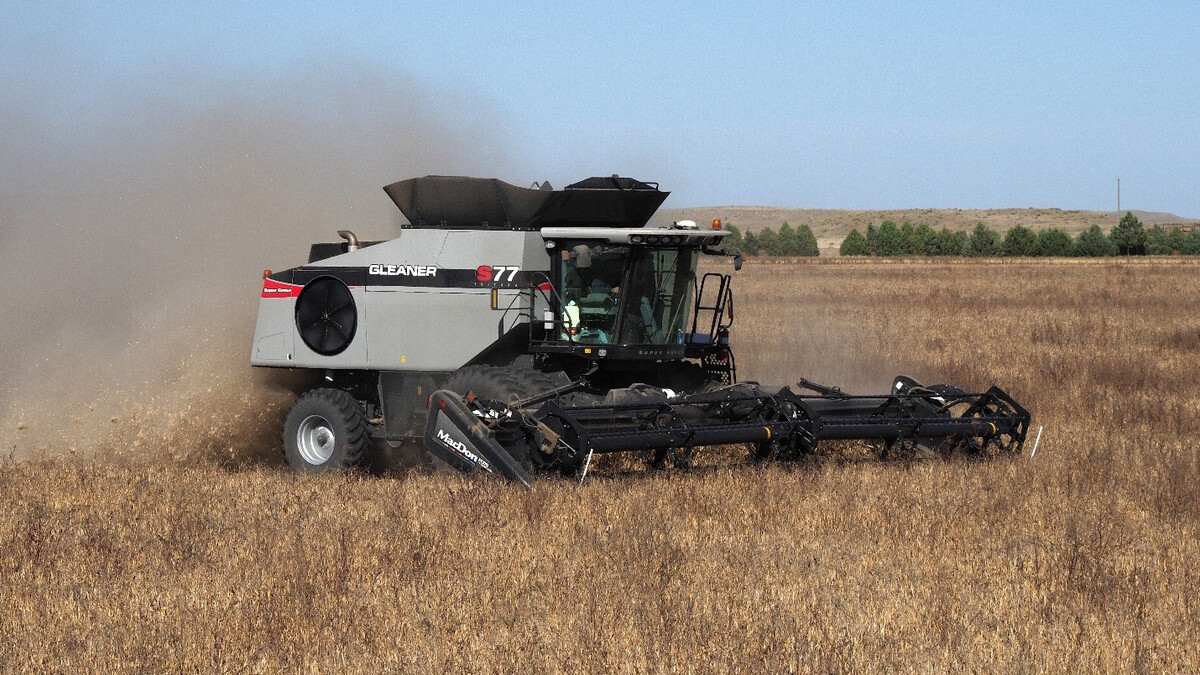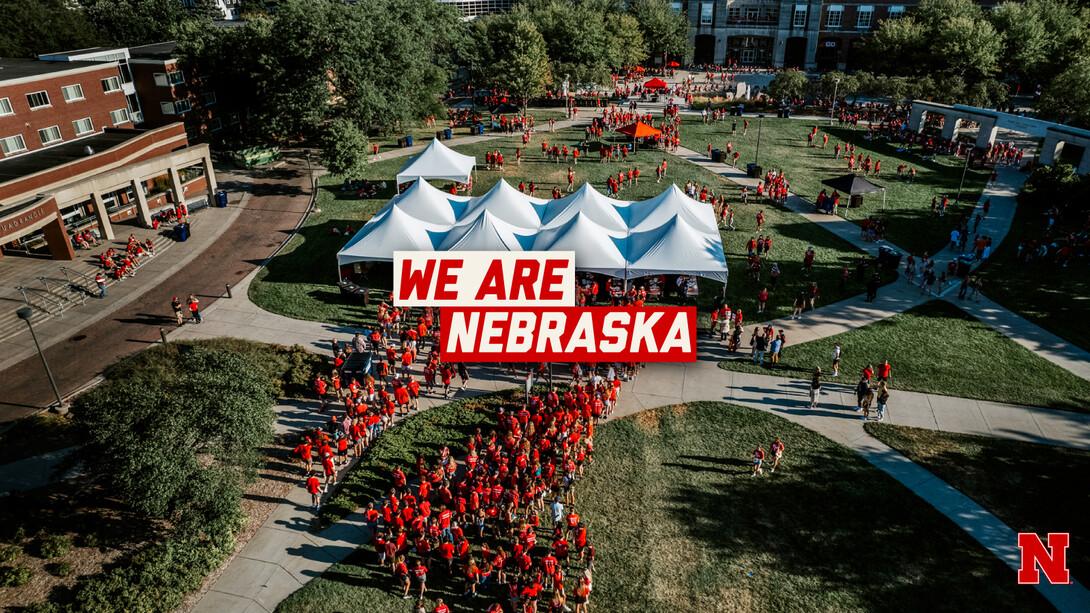
Lincoln, Neb. —Enrollment is up at the College of Agricultural Sciences and Natural Resources at the University of Nebraska-Lincoln, mirroring enrollment trends across the University of Nebraska system.
In the fall of 2024, CASNR saw a 2% increase in undergraduate students; a 0.6% increase in graduate students, and a 5.5% increase in professional students as compared to fall 2023. The college also celebrated its second-largest incoming class in history, with 640 first-time freshman and transfer students. CASNR's retention rate increased by almost 2 percentage points from the previous academic year, and the college also had the highest 6-year graduation rate in its history.
New students this fall include the 19 freshmen selected for the Nebraska Elite 11 program. This scholarship program, which was launched earlier this year, supports students preparing for careers as rural veterinarians in Nebraska. Students selected for the program receive a scholarship that covers half of their tuition for their first two years at Nebraska. After their second year of studies, students can then apply for a continuation of the scholarship, which covers full tuition for their final two years in CASNR. Ultimately, 11 students will be selected to receive a scholarship that covers tuition and fees in the UNL-Iowa State University Professional Program in Veterinary Medicine. Upon graduation, they will commit to practicing veterinary medicine in clinics that serve the state’s livestock industry for at least eight years after earning their DVM degrees.
The Elite 11 program is designed to address a shortage of food animal veterinarians across Nebraska. Veterinarians are critical to the success of the state’s livestock industry. The Elite 11 program is just one of many programs designed specifically with the state’s workforce needs in mind, said CASNR Dean Tiffany Heng-Moss.
“In Nebraska, one in four jobs is related to agriculture and natural resources,” she said. “It is critical that we recruit, educate and graduate talented, nimble, passionate, and prepared students who will take these critical industries to new heights.”
In the past few years, CASNR launched a new statistics and data analytics undergraduate program, which prepares students for careers in data analytics – including agricultural data analytics – in just four years. In addition, CASNR is a leader in educating both undergraduate and graduate students in the rapidly evolving landscape of precision and digital ag. CASNR’s Food Science and Technology Department prepares students for careers in food safety and food processing technology, which together make up the largest sector of the state’s manufacturing industry. And in CASNR’s School of Natural Resources, strong partnerships with state and federal agencies prepare students for critical positions in resource and water management, as well as other natural resources careers, all across Nebraska.
“In CASNR, we’re developing the next generation of professionals, leaders and change-makers for our state and beyond,” said Heng-Moss. “Our students are passionate about Nebraska, future-focused, collaborative and innovative, and I know they will do great things for our state.”
The University of Nebraska-Lincoln saw 1.7% enrollment growth in the fall of 2024, as compared to fall 2023. Total enrollment across UNL was 23,992 students. Across the NU system, enrollment for Fall 2024 was 49,749 – the highest total enrollment since 2021.
